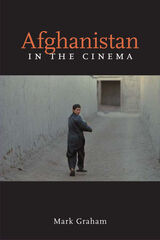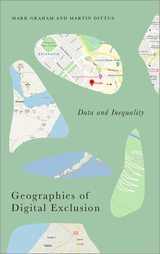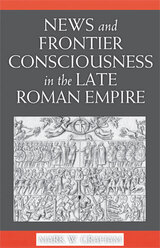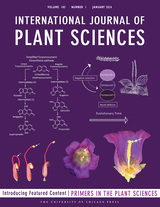
The book considers a range of films, beginning with the 1970s epics The Man Who Would Become King and The Horsemen and following the shifts in representation of the Muslim world during the Russian War in films such as The Beast and Rambo III. Graham then moves on to Taliban-era films such as Kandahar, Osama, and Ellipsis, the first Afghan film directed by a woman. Lastly, the book discusses imperialist nostalgia in films such as Charlie Wilson's War and destabilizing visions represented in contemporary works such as The Kite Runner.

Today's urban environments are layered with data and algorithms that fundamentally shape how we perceive and move through space. But are our digitally dense environments continuing to amplify inequalities rather than alleviate them? This book looks at the key contours of information inequality, and who, what and where gets left out.
Platforms like Google Maps and Wikipedia have become important gateways to understanding the world, and yet they are characterized by significant gaps and biases, often driven by processes of exclusion. As a result, their digital augmentations tend to be refractions rather than reflections: they highlight only some facets of the world at the expense of others.
This doesn't mean that more equitable futures aren't possible. By outlining the mechanisms through which our digital and material worlds intersect, the authors conclude with a roadmap for what alternative digital geographies might look like.

Appointed by Pope John XXIII to the Pontifical Commission on Population, Family, and Birth, Fuchs ultimately found himself disappointed in his three years of service and spent the next thirty years exploring a broad array of issues pivotal to a reconstruction of Roman Catholic natural law theory. This is the first full-length analysis of Fuchs's efforts.
Beginning historically by looking at Fuchs's writings and beliefs before the Pontifical Commission appointment, including his defense of natural law during the "situation ethics" debates of the 50s and 60s, the concept of personal salvation, and the status of "nature" and "human nature," Graham moves to the intellectual conversion that inspired Fuchs to reconsider his concepts following the commission appointment. From there, Graham engages in a sustained critique of Fuchs's natural theory, addressing both the strengths and weaknesses to be found there and suggest possible avenues of development that would make a positive contribution to the ongoing quest to rehabilitate the Roman Catholic natural law theory that continues to dominate the landscape of moral theology today.

Approaching Roman frontiers with the aid of media studies as well as anthropological and sociological methodologies, Mark W. Graham chronicles and documents this significant transition in ancient thought, which coincided with, but was not necessarily dependent on, the Christianization of the Roman world.
Mark W. Graham is Assistant Professor of History at Grove City College.
READERS
Browse our collection.
PUBLISHERS
See BiblioVault's publisher services.
STUDENT SERVICES
Files for college accessibility offices.
UChicago Accessibility Resources
home | accessibility | search | about | contact us
BiblioVault ® 2001 - 2024
The University of Chicago Press









